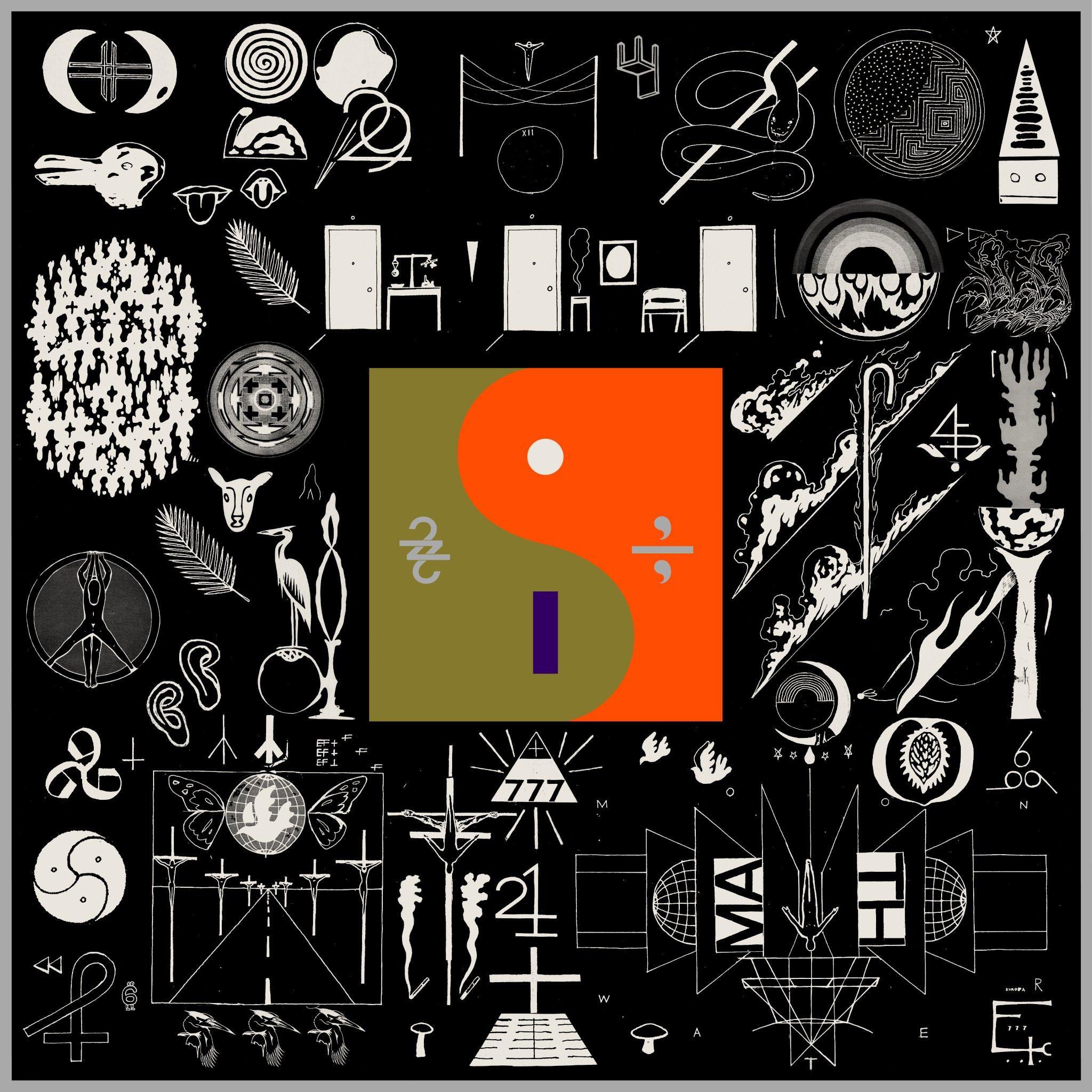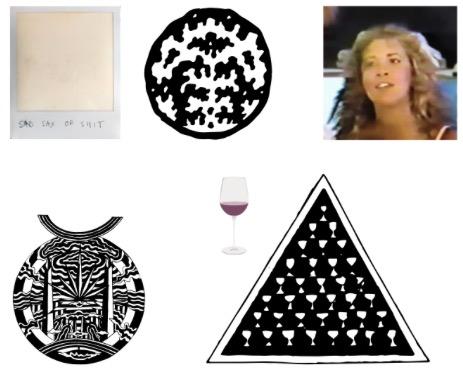The Independent's journalism is supported by our readers. When you purchase through links on our site, we may earn commission.
Bon Iver, ’22, A Million’ review: An astonishing record that grapples with the infinite

‘say nothing of my fable / what on earth is left to come / who’s agonized and gnawed through it all / I’m underneath your tongue’
The lyrics of Bon Iver’s third album, 22, A Million, defy any unified interpretation, but I choose to relate the one above, from ‘8 (circle)’, to the recording of For Emma, Forever Ago and that goddamn mythical cabin, which is still brought up in interviews and bar conversations ad tedium.
I don’t know if it irks Justin Vernon, this conception of him as some kind of Christopher McCandless-esque, itinerant rural dweller, but in any case, 22, A Million sees him come down from the woods.
I loved the second record, Bon Iver, Bon Iver, but with its bucolic artwork, geographic song titles and mountainous music videos, the whole thing was veering towards some kind of very well executed ‘Visit Wisconsin’ commercial. The new album is a huge departure, however, soaked in Vernon’s dalliances with hip-hop and subverting musical traditions at every opportunity. It clunks rather than strums. If Bon Iver’s earlier work evoked log fires, tall brush and the bite of cold air, this new material brings to mind concrete, live current and blinking strip lights.
There is still the odd sprinkle of banjo and acoustic guitar, but, for the most part, it's all synthesisers and heavily manipulated vocals, harnessing a custom-made prismizer that allows Vernon to harmonise vocals and instruments live.
It sounds like the work of a man completely bored with conventional melody and the perfection of guitar tones. This production note in the New York Times will give you an idea of where his head's at:
'When he was dissatisfied with the overly digital sound of ’22 Over Soon’, he and his engineer took a cassette (Neil Young’s ‘Unplugged’), pulled out the tape and crumpled it and wrote on it with a marker. Then they recorded the track onto it, creating distortion and dropouts.'

These dropouts make the album at times sound like it’s been taped off the radio, and there’s a charm to that, a sense of corruption to it. It feels as though Vernon has challenged himself to write a beautiful thing, smash it up and yet still make it work as a song. It feels like he’s taken a hammer and bust apart a cache of very fine jewels, scooped them up and tried to carry them curled up in his shirt (you know, like when you would try and make a kangaroo pouch out of it as a kid).
There’s often something sentimental about a nice, clean vocal, so the use of autotune is effective in blurring its edges, with vocals (and even sax lines) simultaneously unleashed upon you in multiple octaves. As well as simply sounding menacing as fuck, this concurrent delivery of the same line serves to echo the sadness of repeated arguments.
Everything about the album is fragmented, and dizzying in the vein of Samuel Beckett’s Not I or T.S. Elliot’s The Waste Land. Even the lyric sheet is a glorious mess: made-up words, mixed lower and upper cases, esoteric punctuation and spacing, sporadic emboldening and italicisation that stress words that aren’t even stressed in Vernon’s delivery of them.

Lacking in verse-chorus structures, 22, A Million doesn’t really function as a collection of ‘songs’, but the aforementioned ‘8 (circle)’ will stop you in its tracks, having the sombre wooziness of a long walk back to apologise after a fight, and ’33 “God”’ I’m having real trouble stopping listen to.
This time around, Vernon isn’t so much perturbed by lost loves as the cruelty of the infinite and the paradox of duality, tempered by the mundane moments of life that stop us from losing our minds over these topics. In the same stanza he’ll be searching for god - or just religion - and folding clothes/inviting you over for tea.
As he laments on ’29 #Strafford APTS’:
“oh the multitude of other”.
Join our commenting forum
Join thought-provoking conversations, follow other Independent readers and see their replies
Comments
Bookmark popover
Removed from bookmarks